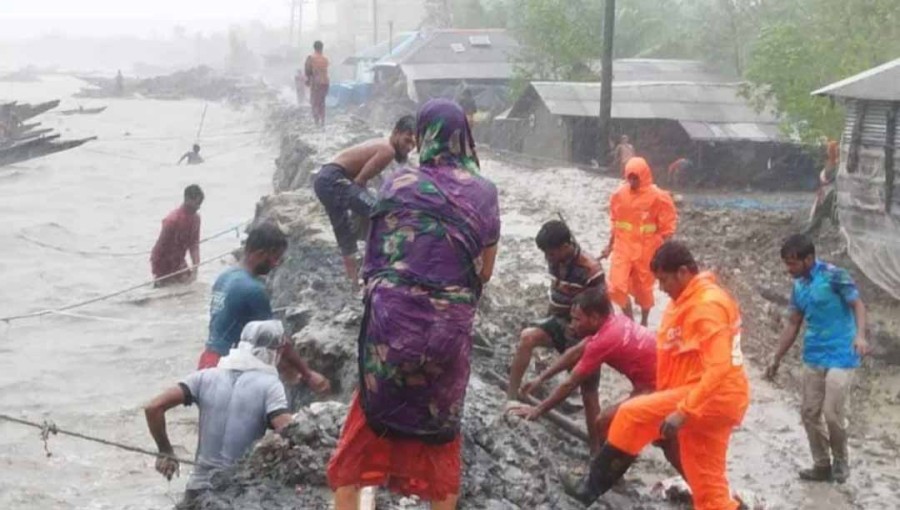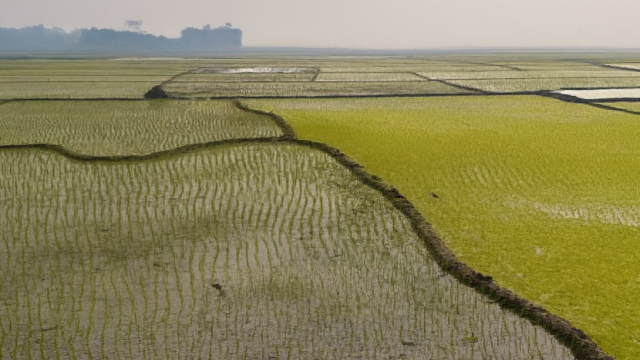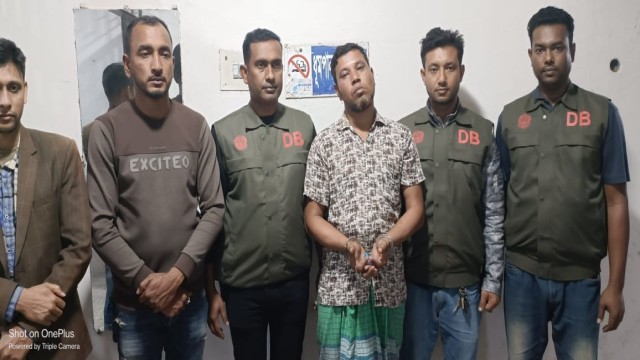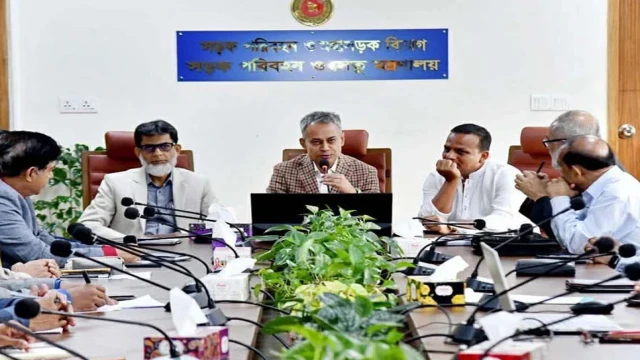Cyclone Remal's severe impact on Bangladesh's coastal areas has placed over 8.4 million people, including 3.2 million children, at significant health, nutrition, sanitation, and safety risks, according to Unicef's statement on Monday.
"Our thoughts go out to the children and their families at this critical moment as they endure the storm's impact," stated Sheldon Yett, Unicef Representative to Bangladesh.
The most affected regions include Bhola, Patuakhali, and Bagerhat, where many upazilas have been inundated.
"Unicef has been on the ground since the beginning, supporting the government with early warning efforts and ensuring a swift response to address the aftermath of the cyclone," Yett noted.
In response to the cyclone's damage, which has left 10 dead and over 150,000 houses damaged, Unicef has prepositioned supplies such as water purification tablets, jerrycans, mobile toilets, hygiene, and family kits in 35 warehouses across the country for distribution in affected communities and shelters.
"Additionally, we have two rapid response teams ready to be deployed to the most affected areas," Yett added.
Unicef's initial response plans aim to assist people in the coastal regions, including Rohingya Camps and Cox’s Bazar. However, significant funding gaps persist across all sectors to meet the immediate needs of girls, women, and persons with disabilities.
“We are working closely with the government and our partners to monitor the situation and ensure coordinated efforts to provide swift support and relief to those in need. Our priority is to protect the lives and well-being of the most vulnerable, particularly children, who are the most at risk during such disasters," Yett emphasized.
Unicef reaffirmed its commitment to standing by the people of Bangladesh through this challenging time, providing all necessary assistance to help them survive and recover from Cyclone Remal's aftermath.






























Comment: